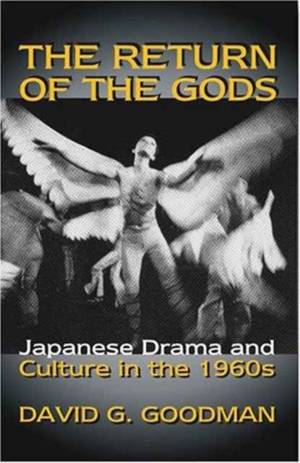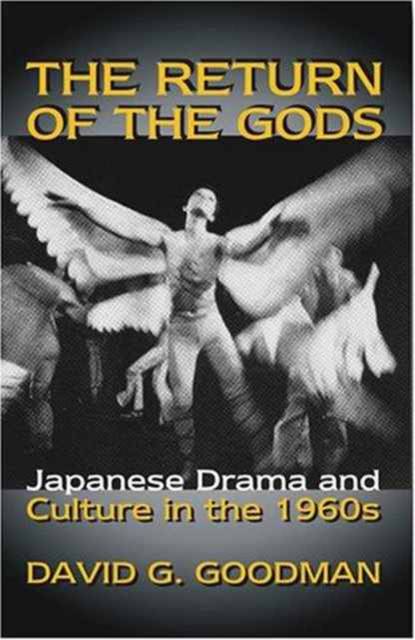
- Retrait gratuit dans votre magasin Club
- 7.000.000 titres dans notre catalogue
- Payer en toute sécurité
- Toujours un magasin près de chez vous
- Retrait gratuit dans votre magasin Club
- 7.000.0000 titres dans notre catalogue
- Payer en toute sécurité
- Toujours un magasin près de chez vous
Description
First published in 1988 and now available in a photo-reprint paperback edition, this book provides an important perspective on the theatre, culture, and politics of Japan in the 1960s. It contains translations of five plays representative of the period, with analytical commentary by a leading authority on postwar Japanese drama. The author's central thesis is that the 1960 demonstrations against the renewal of the U.S.-Japan Mutual Security Treaty was a major turning point in Japanese intellectual life, one characterized by disillusionment with the old left and the legacy of prewar left-wing formulations and by a quest for an alternative to the dominant Hegelian-Marxist system. The book argues that the 1960s were a period of eschatological reflection in which profound questions about ultimate ends were being asked.
Spécifications
Parties prenantes
- Auteur(s) :
- Editeur:
Contenu
- Nombre de pages :
- 380
- Langue:
- Anglais
- Collection :
- Tome:
- n° 116
Caractéristiques
- EAN:
- 9781885445162
- Date de parution :
- 31-03-10
- Format:
- Livre broché
- Format numérique:
- Trade paperback (VS)
- Dimensions :
- 140 mm x 213 mm
- Poids :
- 544 g

Les avis
Nous publions uniquement les avis qui respectent les conditions requises. Consultez nos conditions pour les avis.






